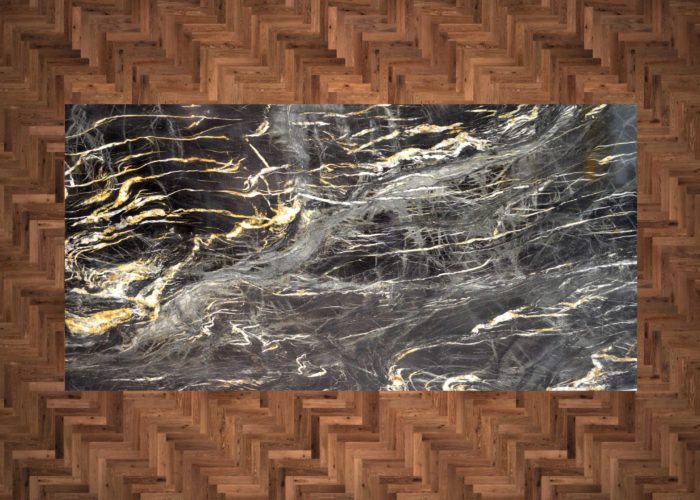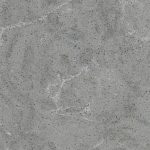What is Granite?
Granite
What Is Granite?
Granite is one of nature’s most spectacular creations, combining breathtaking beauty with unparalleled endurance. This old stone has been used to decorate everything from ancient monuments to modern kitchens, giving it the title of “King of Natural Stone Materials.” Whether you’re a homeowner planning a remodel or just interested about this interesting material, understanding granite’s features and potential will help you make informed decisions regarding its use in your house.

Formation and Composition
Granite’s journey begins deep under the Earth’s crust, where great heat and pressure convert molten rock into the crystalline structure we see today. This igneous rock is composed mostly of quartz, feldspar, and mica, with different proportions of other minerals contributing to its distinct patterns and colours. The long cooling process allows huge crystals to develop, resulting in the distinctive speckled appearance that distinguishes each piece of granite.
The formation process normally occurs at depths of 1.5 to 4.5 miles beneath the Earth’s surface and takes millions of years to complete. During this time, different minerals crystallise at different temperatures, resulting in the interconnecting crystal structure that lends granite its outstanding strength and durability.
Physical Properties of Granite:
Granite’s outstanding physical properties make it a perfect choice for a variety of applications.
- Hardness: 6-7 on the Mohs scale
- Density: About 2.75 g/cm³.
- Compressive Strength: 200 MPa or more.
- Water Absorption: less than one percent.
- Heat Resistance: Excellent thermal characteristics.
- The scratch resistance is superior to most natural stones.
These characteristics combine to produce a material that is not only attractive but also quite useful for everyday use. Granite’s low water absorption rate makes it naturally stain-resistant, and its strong compressive strength means it can withstand heavy loads without damage.
Granite is used for what?
Granite’s versatility makes it appropriate for a variety of applications, including:
- Kitchen worktops/countertops: Due to its resilience to heat, scratches, and stains, it is suitable for food preparation areas.
- Flooring: Granite tiles are durable and provide a beautiful appearance in both home and commercial environments.
- Building Facades: Granite’s strength and weather resistance make it ideal for exterior cladding.
- Monuments and Memorials: Because of its durability, granite is commonly used for gravestones and memorials.
- Paving and landscaping: Granite setts (cobblestones) and paving slabs are used for driveways, patios, and pathways.
How do you clean granite worktops?
Regular cleaning is essential for maintaining granite’s appearance. Wipe down with a gentle cloth after using mild dish soap and warm water. Avoid using harsh chemicals or abrasive cleaning. Follow the sealing advice provided by your worktop provider.
Is granite porous?
Granite is naturally permeable to some extent. The majority of kitchen granite worktops are sealed to avoid stains and liquid absorption. Regular resealing is recommended.
Which is better: Quartz or granite?
Both quartz and granite are good worktop materials. Granite has natural beauty and distinctive patterns, whilst quartz is designed for consistency and stain resistance. The “better” decision is determined by your personal preferences and priorities. Consider money, maintenance, and desired aesthetics.
Frequently Asked Questions.
How long does granite last?
Granite, with proper care and upkeep, can last for numerous lifetimes. In reality, many granite installations have stayed intact and gorgeous for more than a century. The key to durability is adequate sealing and frequent maintenance.
Can granite be repaired if it has been damaged?
Yes, most granite damage can be fixed by professionals. Small chips can be repaired with color-matched epoxy, however bigger cracks may necessitate more comprehensive restoration work. However, prevention via adequate care is always the best option.
How frequently should granite be sealed?
Most granite surfaces should be sealed every 12-18 months, though this will vary depending on the type of granite and its application. High-traffic locations may require more frequent sealing, whereas merely decorative applications may necessitate less.
Is granite radioactive?
While granite may contain trace amounts of naturally occurring radioactive elements, the concentrations are usually so low that they offer no health risks. Modern testing assures that all commercial granite satisfies safety requirements.
Can granite be placed outside?
Yes, granite is ideal for outdoor applications since it is resistant to weathering, UV radiation, and temperature fluctuations. However, selecting the right type of granite and using suitable installation techniques is critical for outdoor success.
